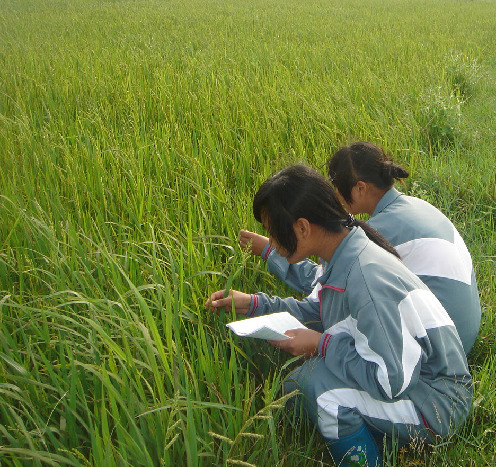Agriculture is strategic
- By Zhang Lijuan
 0 Comment(s)
0 Comment(s) Print
Print E-mail China.org.cn, December 22, 2013
E-mail China.org.cn, December 22, 2013
The central government's most recent Economic Work Conference has listed six top priorities for China's economic development in 2014. Agriculture is at the top of the list. Several key agricultural objectives have been clearly identified: guaranteed grain security; appropriate import levels; a self-reliant grain supply; an absolutely secured and abundant food supply; high quality food and food safety. Agriculture, again, will be a focal point for the coming year, but with a slight difference. A much stronger political consensus has no doubt been built: a strong farm policy with agriculture promotion is central and critical to China's long-term success.
|
|
|
The central government's most recent Economic Work Conference has listed six top priorities for China's economic development in 2014. Agriculture is at the top of the list. |
China is one of the largest agricultural nations in the world. Nevertheless, in recent years, China's agriculture imports have increased dramatically. Because of the quality and cost disadvantages of domestic agricultural products, China continues to be a major target market for world agricultural products such as soybeans and corn. Obviously this has become a major concern for policymakers since China is such a populated nation. Market demands for grains and farm products will always be sustainable and challenging.
The fact is that the process towards agricultural free trade is far behind most of the WTO's trade liberalization agenda. Farm subsidiaries are still widely prevalent and the agriculture sector continues to be the toughest part of any regional trade negotiation at both bilateral and multilateral levels. Today, the world's playing field for agriculture trade is not level. How the WTO will change this is unforeseeable. The global market place for farm products will continue to be characterized by farm subsidies and domestic protection. From developed nations to developing nations, from industrialized economies to transitional economies, regardless of the size of agriculture in terms of the overall economy, agricultural policy has always featured trade protection measurements and procedures -- it has promoted agricultural exports, protected domestic farm industries and promised less openness to agricultural imports. The reasons are obvious: agriculture is economic on a grand scale, and it is also vitally strategic.
Today, every nation has a set of agricultural policies and programs that are designed to secure its domestic food security. Every nation's general agricultural policy is highly sensitive and political. In the EU, the United States, Japan and South Korea, farm and agriculture trade policies have historically been driven by domestic politics and significant pressure from stakeholders, including but not limited to farmers, growers, various food processing industries and congressional politicians.






